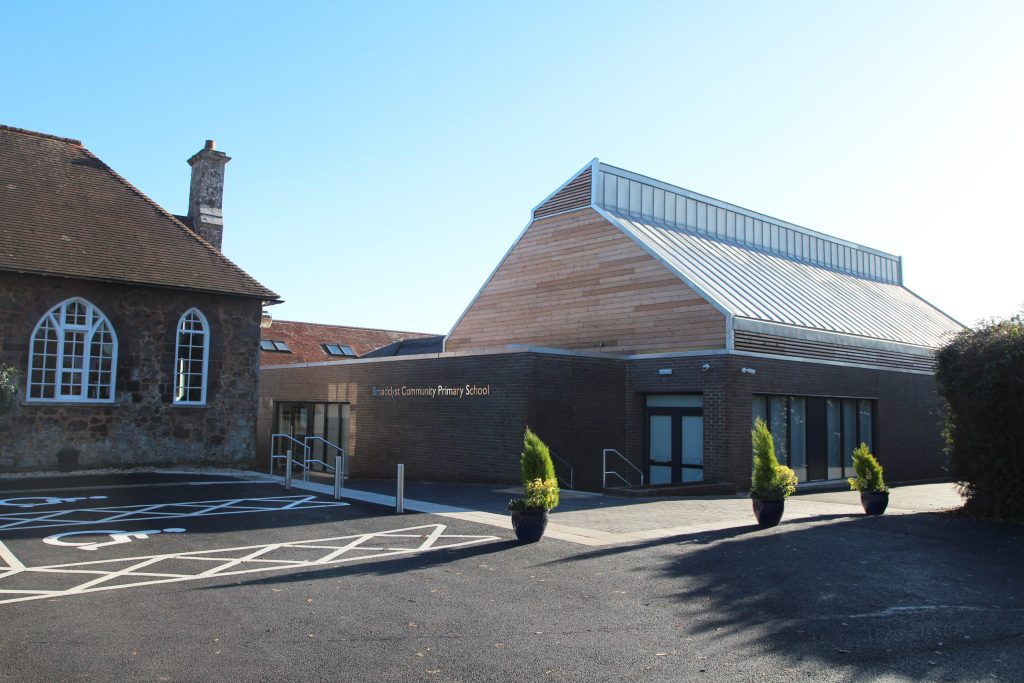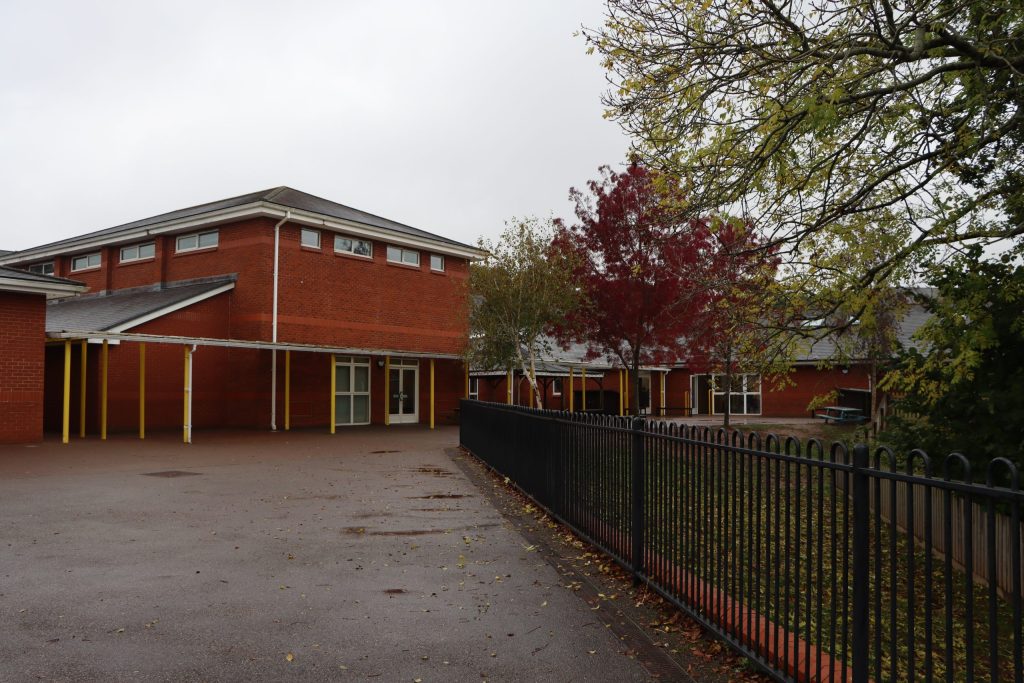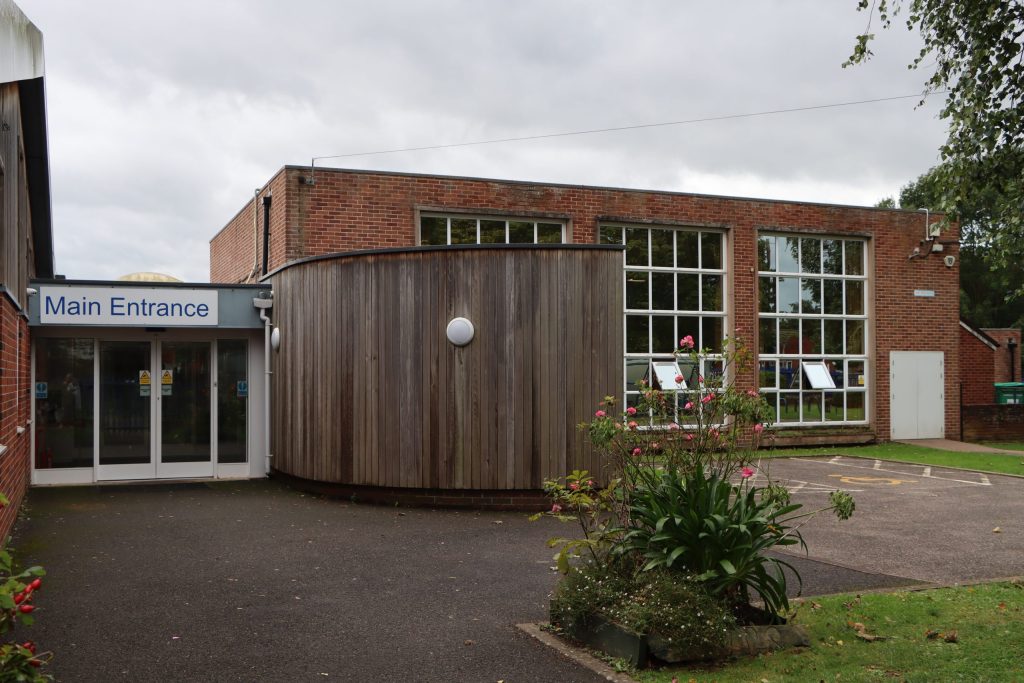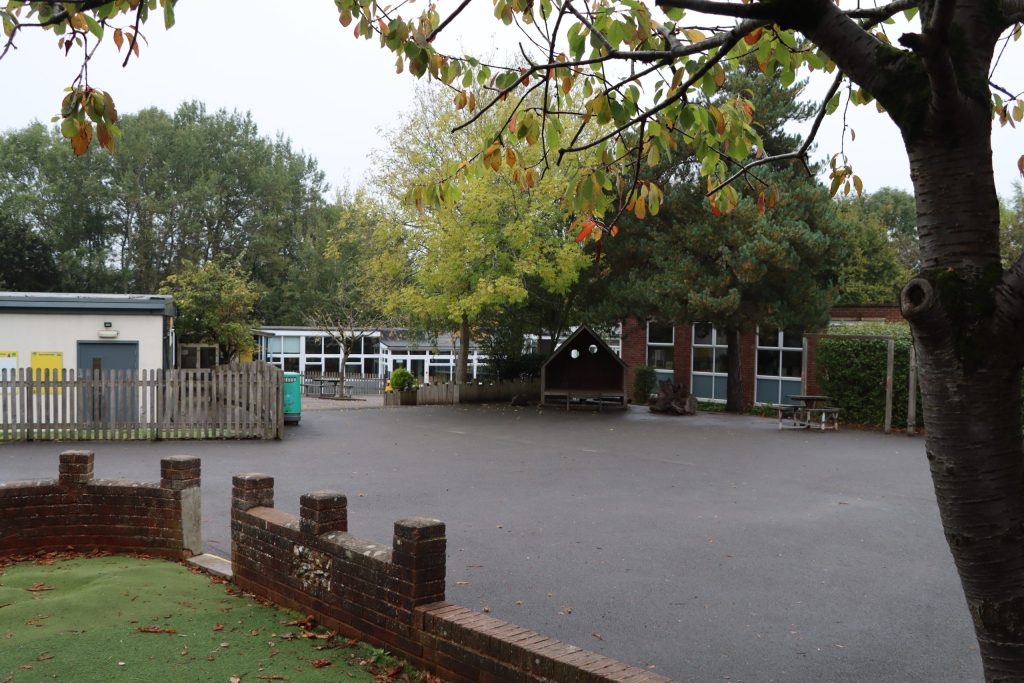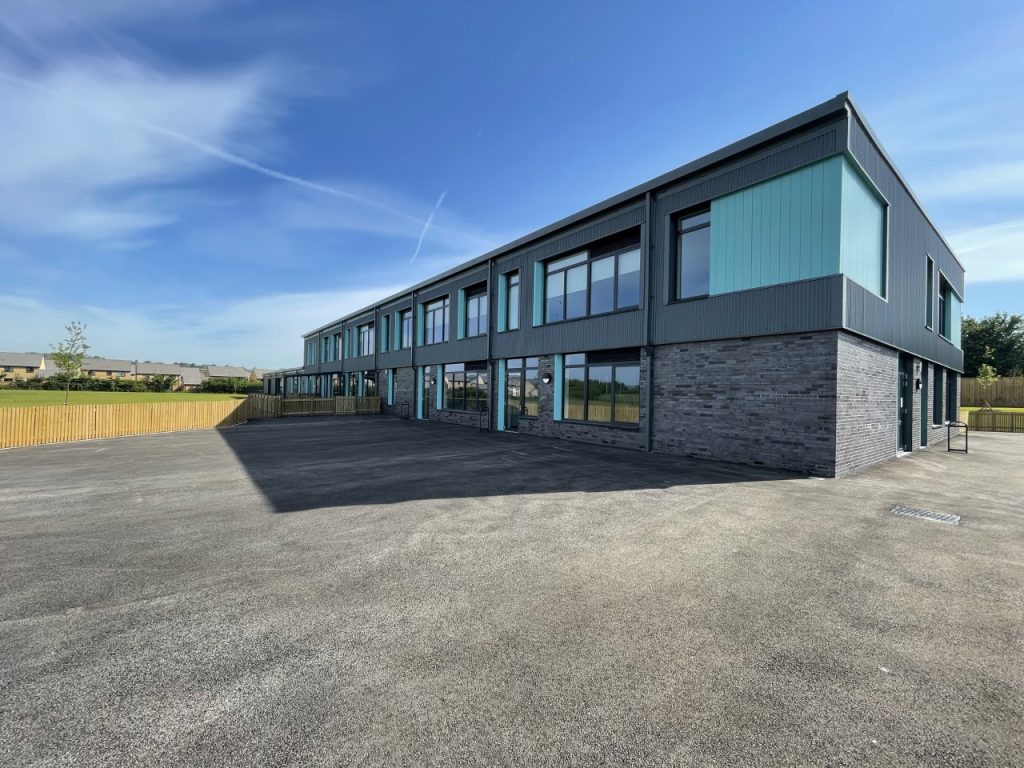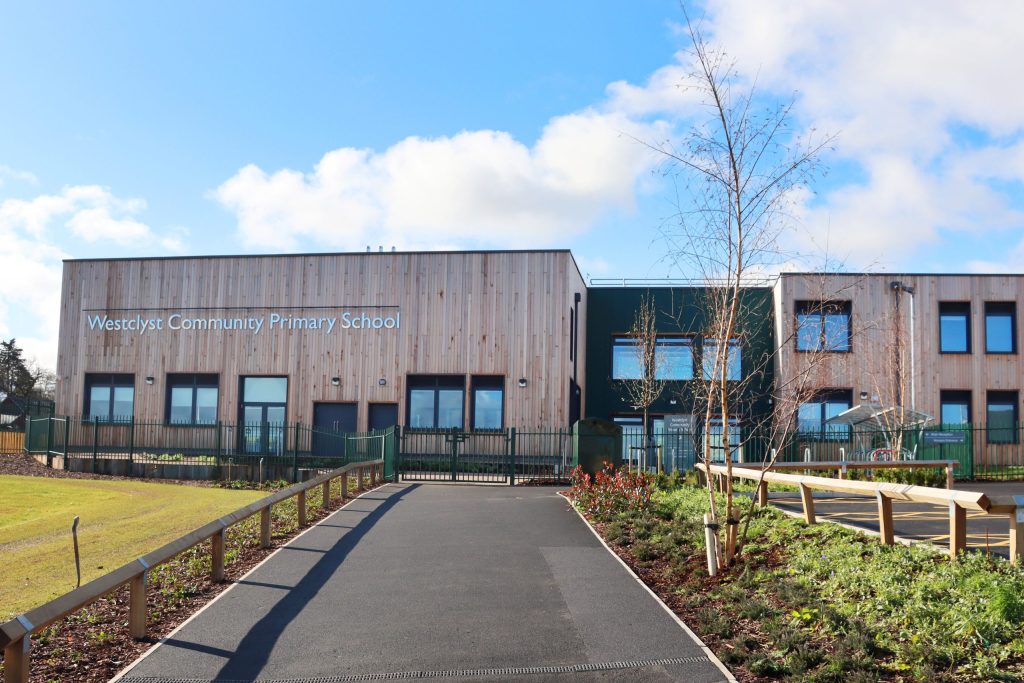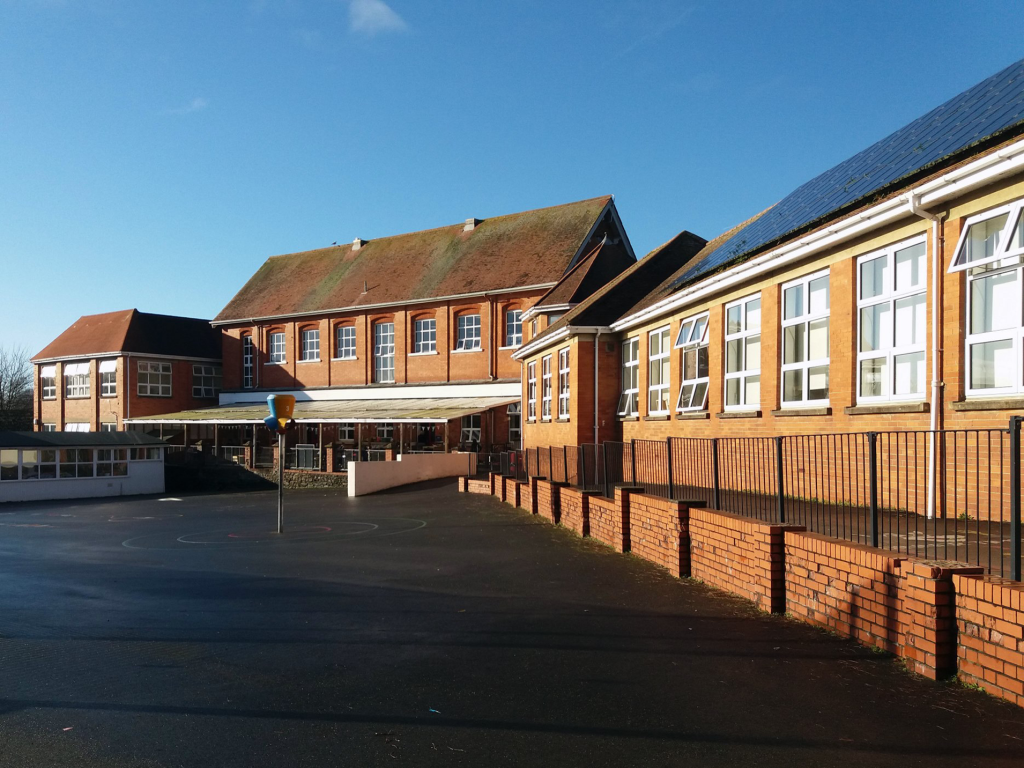History
History across our Trust is designed to inspire curiosity, deepen understanding, and help children make meaningful connections between the past and the present. Our curriculum is built around three key strands: Global History, Local History, and Chronological Enquiry, ensuring that pupils develop a broad, balanced, and coherent understanding of the past.
Through Global History, children explore significant civilisations, movements, and events that have shaped the world, from Ancient Egypt to the Second World War. Local History grounds their learning in the communities they live in, helping them understand how national and global events have impacted their own region over time. Chronological Enquiry is woven throughout, enabling pupils to build a secure sense of historical time, sequence events, and make comparisons across periods. This structured approach ensures that historical knowledge and skills are developed progressively, preparing children to think critically, ask thoughtful questions, and understand the complexity of human experience.
Nursery
Pupils begin by thinking about their own families and special times, such as birthdays and celebrations. They talk about people who are important to them and begin to understand that some things happened in the past. Pupils explore how they have changed over time and begin to use simple language to describe events, such as “when I was a baby.” They listen to stories and talk about what is real and what is make-believe. Pupils also learn about seasonal changes and begin to notice how the world around them changes over time. Towards the end of the year, they are introduced to people and creatures from the past, such as dinosaurs and palaeontologists, helping them to understand that some things happened a very long time ago.
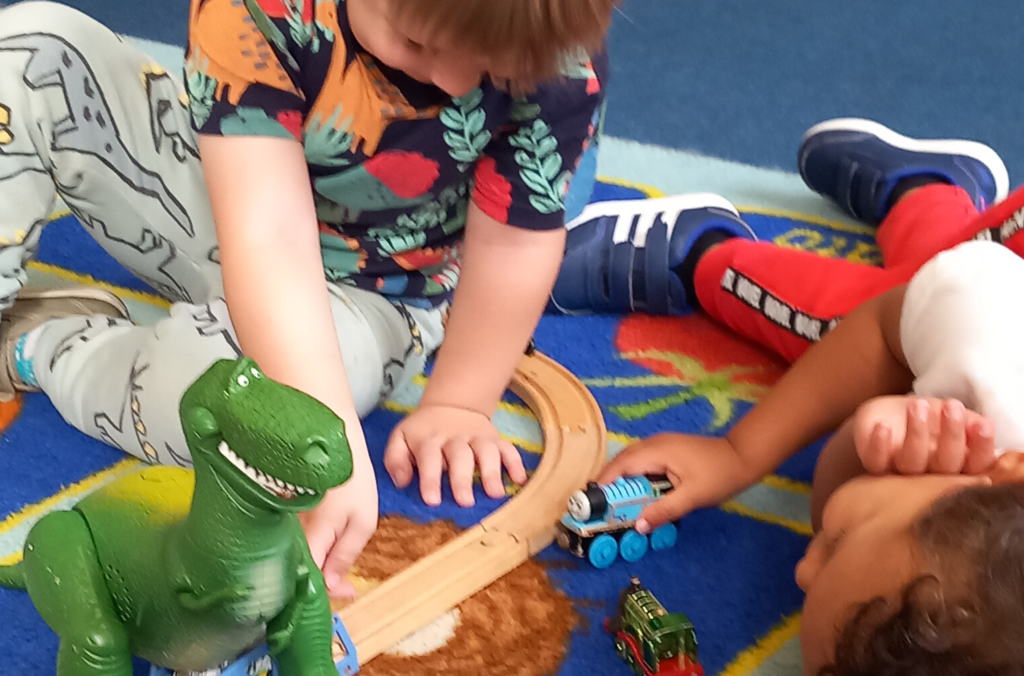
Understanding the World
Understanding the world involves guiding children to make sense of their physical world and their community. The frequency and range of children’s personal experiences increases their knowledge and sense of the world around them – from visiting parks, libraries and museums to meeting important members of society such as police officers, nurses and firefighters. In addition, listening to a broad selection of stories, non-fiction, rhymes and poems will foster their understanding of our culturally, socially, technologically and ecologically diverse world. As well as building important knowledge, this extends their familiarity with words that support understanding across domains. Enriching and widening children’s vocabulary will support later reading comprehension.
Reception
Pupils start by thinking about their own life stories and how they have changed since they were babies. They talk about their families and the people who help them, using simple vocabulary to describe the past and present. Pupils explore how celebrations like Christmas and Easter were marked in the past and compare them to how they are celebrated today. They listen to stories about people from history, such as Neil Armstrong and Mary Anning, and begin to understand that these events happened before they were born. Pupils also explore how transport and holidays have changed over time. Through seasonal walks and comparing photographs, they begin to place events in chronological order and talk about how things change over time.
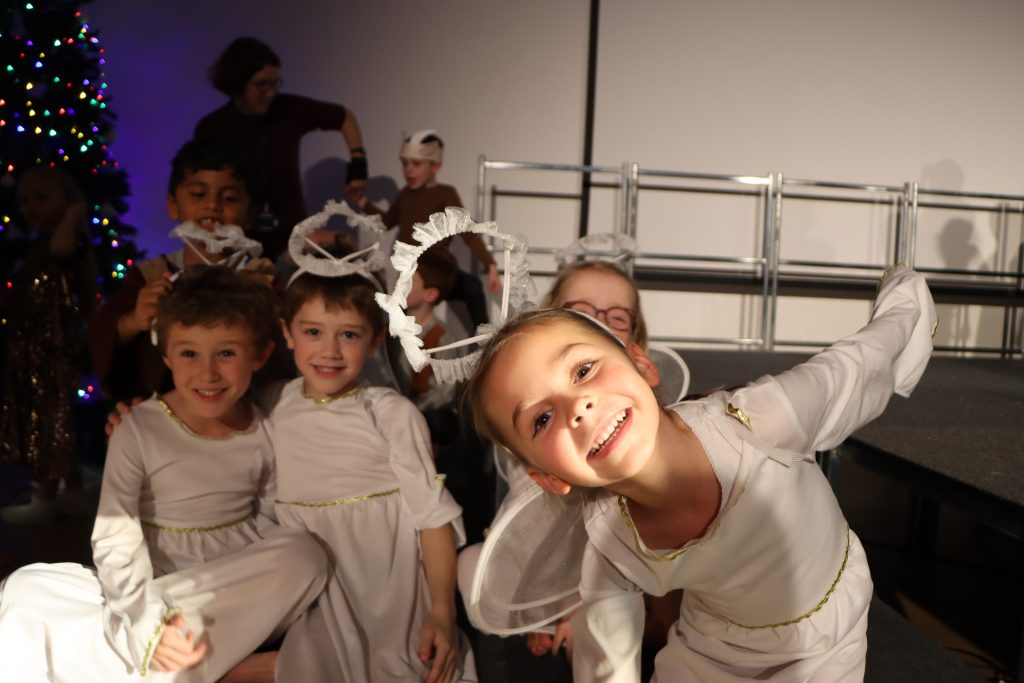
Understanding the World
Understanding the world involves guiding children to make sense of their physical world and their community. The frequency and range of children’s personal experiences increases their knowledge and sense of the world around them – from visiting parks, libraries and museums to meeting important members of society such as police officers, nurses and firefighters. In addition, listening to a broad selection of stories, non-fiction, rhymes and poems will foster their understanding of our culturally, socially, technologically and ecologically diverse world. As well as building important knowledge, this extends their familiarity with words that support understanding across domains. Enriching and widening children’s vocabulary will support later reading comprehension.
Year 1
In Year 1, children begin to explore the past by looking at their own family history and how life has changed over time. They learn about what life was like for their great-grandparents, how shopping and homes have evolved, and how farming has changed. Through exciting projects like “Transport Through Time”, they investigate the invention of the car, the first aeroplane, and space travel, sharing their learning through a blog for the Headteacher. They also explore the lives of famous explorers like Ernest Shackleton and discover what life was like in Tudor times, culminating in a Tudor banquet for Reception. These engaging topics help children develop a sense of chronology and understand how the past shapes the present.
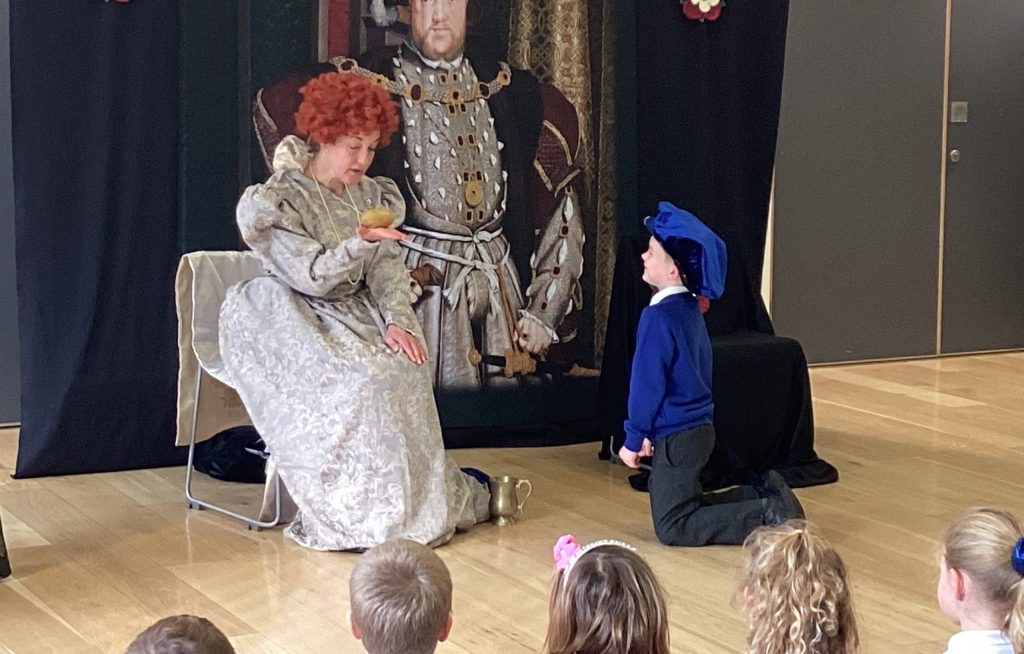
- Learn about changes within living memory.
- Explore events beyond living memory
- Study the lives of significant individuals
- Compare aspects of life in different periods.
- Explore the lives of significant explorers such as Ernest Shackleton, Neil Armstrong, Valentina Tereshkova, and Bessie Coleman
- Understand how transport has evolved over time, including the invention of the car, aeroplane, and space travel
- Learn about life in Tudor times, including differences between rich and poor and life in a castle
- Ask question about how and why things have changed over time
- use personal timelines to understand the concept of the past
- compare the past and present using artefacts, stories, and visual sources
- Begin to describe historical events and people using simple evidence
- Plot key events such as the invention of transport and major explorations on a timeline
- understanding the sequence of historical periods through stories and personal history.
- Recognise that history includes both local and global events
- Visit local museums such as Torquay or Barnstaple to explore artefacts and exhibitions
- Participate in a Tudor banquet and workshop to experience life in the past
- Use digital mapping tools to explore and compare the local area past and present.
Year 2
In Year 2, children deepen their historical understanding by exploring significant events and people from the past. They begin with “Disasters and Triumphs”, learning about the Great Fire of London and how it changed fire safety, before moving on to “The Second World War”, where they experience life as an evacuee and interview someone who lived through it. Later in the year, they explore the history of their school and local community, comparing school life then and now. They also investigate how communication has changed over time and learn about inspiring individuals in “Amazing Activists” such as Wangari Maathai and Arthur Wharton. These projects bring history to life and help children make meaningful connections between past and present.
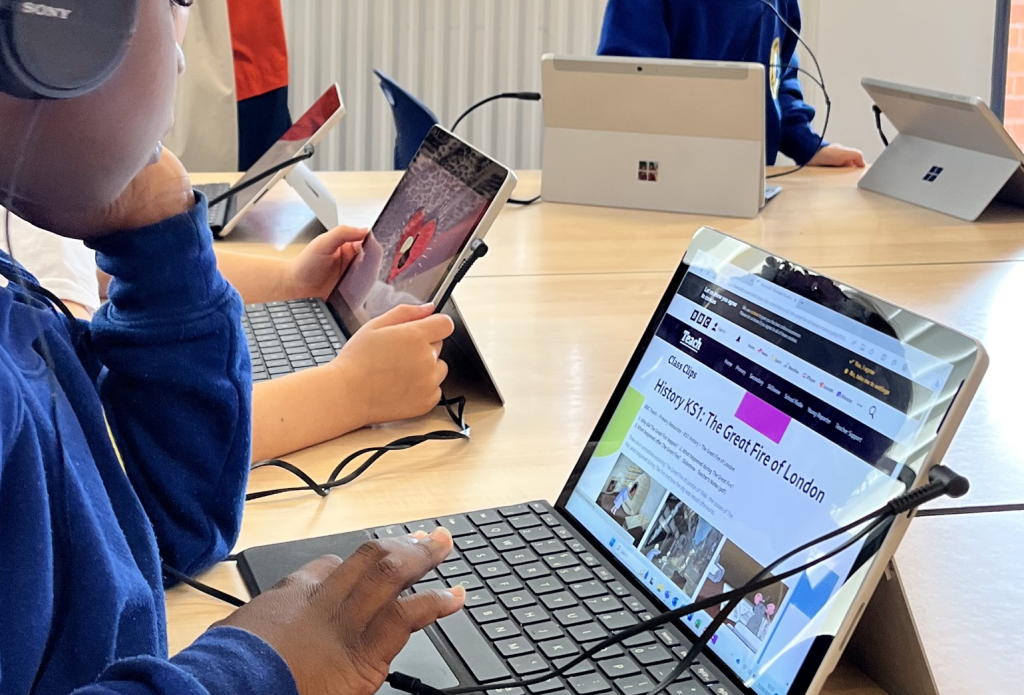
- Study major historical events such as the Great Fire of London and World War II, focusing on their causes, consequences, and key figures like Samuel Pepys, John Evelyn, and Dame Caroline Haslet
- Explore the impact of industrialisation and communication, including how methods of communication have evolved from the 20th to the 21st century
- Learn about activism through figures such as Wangari Maathai, Arthur Wharton, and Tsuda Umeko
- Investigate the history of the local area during WWII, including life as an evacuee in Devon and the effects of the Blitz on Exeter and Barnstaple
- Create a scrapbook exploring the history of the school and community, including interviews with family members and local residents to understand continuity and change
- Sequence events on a timeline and explore cause and effect (e.g. the events leading to the Great Fire of London)
- Conduct interviews and use artefacts such as mystery suitcases to explore life in the past
- Compare past and present experiences, such as school life then and now
- Begin to analyse historical sources and construct informed responses
- Develop a sense of historical scale by placing events like the Great Fire of London and WWII on a timeline
- Understand the progression of communication methods and societal changes across centuries
- Recognise the contributions of historical figures and how their actions shaped modern life
- Perform diary entries about the Great Fire of London in the TV studio
- Participate in a WWII theme day and interview a real evacuee
- Create a scrapbook documenting the history of the school and community
- Design and test escape boats and parachutes to simulate historical problem-solving
Year 3
In Year 3, children begin their journey as historians by exploring the rich tapestry of ancient civilisations. Through a global lens, they investigate the Ancient Maya, Ancient Egypt, and Ancient Rome, comparing their achievements, beliefs, and legacies. This comparative study helps children identify similarities and differences across cultures and time periods. The focus then narrows to Local History, as they explore the impact of the Romans on their own region. Visits to Exeter’s Roman wall and the Roman Baths in Bath bring history to life, with children delivering speeches from the top of the wall, using their historical knowledge to inform and inspire. Throughout the year, they develop the skills of a historian—asking questions, analysing evidence, and constructing informed narratives.
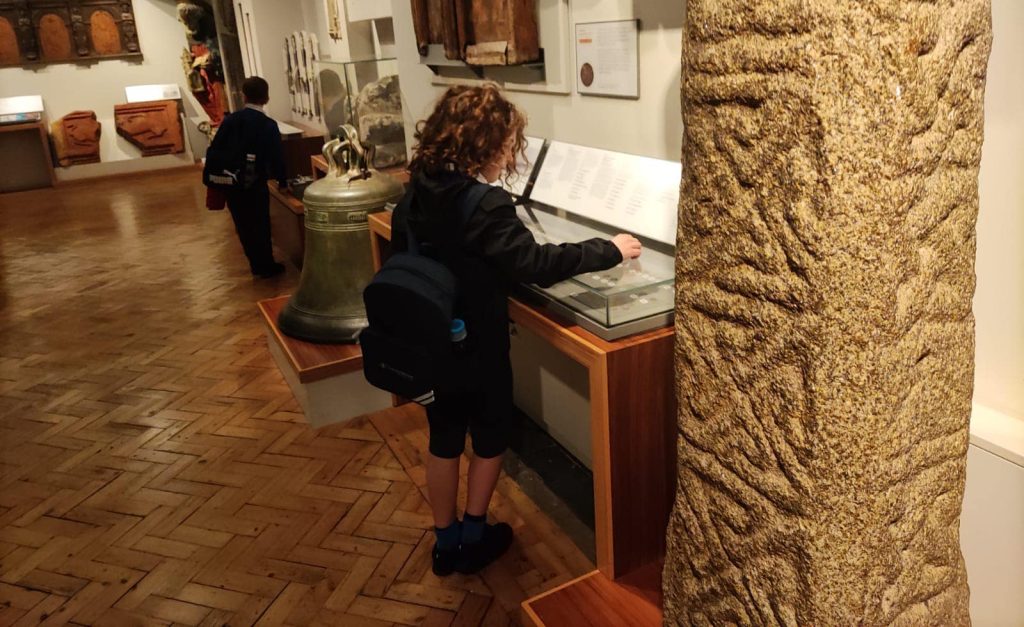
- Study ancient civilisations such as the Mayans, Ancient Rome, and Ancient Egypt
- Explore the achievements and daily life in early societies
- Investigate changes in the local area over time, with a focus on Ancient Romans
- Examine significant local historical events or sites linked to the rise and fall of the Roman Empire
- Ask historically valid questions about change, cause, similarity, and difference
- Use artefacts, pictures, and sources to explore the past
- Begin to construct informed responses using evidence
- Develop understanding of historical scale and chronology
- Explore significance and impact of past events on modern life
- Place events on a timeline using terms like ‘century’, ‘decade’, ‘BC’/‘AD’
- Recognise that timelines span different periods and reflect local and global history
- Explore inventions throughout time and their importance to modern culture
- Visit a Roman wall to explore Roman influence
- Visit the Roman Baths to explore Roman architecture and invention
- Investigate women’s roles in Roman Britain through a Q&A with Boudica
Year 4
Children explore history through a chronological lens, beginning with a study of famous women throughout time. They investigate the impact these women made, why their stories are often missing from recorded history, and how historical narratives are shaped. This enquiry helps children question whose voices are heard in history and why. They also study Anglo-Saxon Britain, exploring its global influence and local legacy. During their residential, children immerse themselves in a living Anglo-Saxon village, taking on historical job roles to understand daily life and societal structure. They also focus on the Victorian era, where children explore both the global impact of the Industrial Revolution and the local experience of Victorian life. A visit to Morwellham Quay allows them to step back in time and experience the working lives of people in their region. Throughout the year, children develop as historians—they ask thoughtful questions, examine a range of sources, and begin to understand that history is not just about facts, but about interpretation, perspective, and evidence-based storytelling.
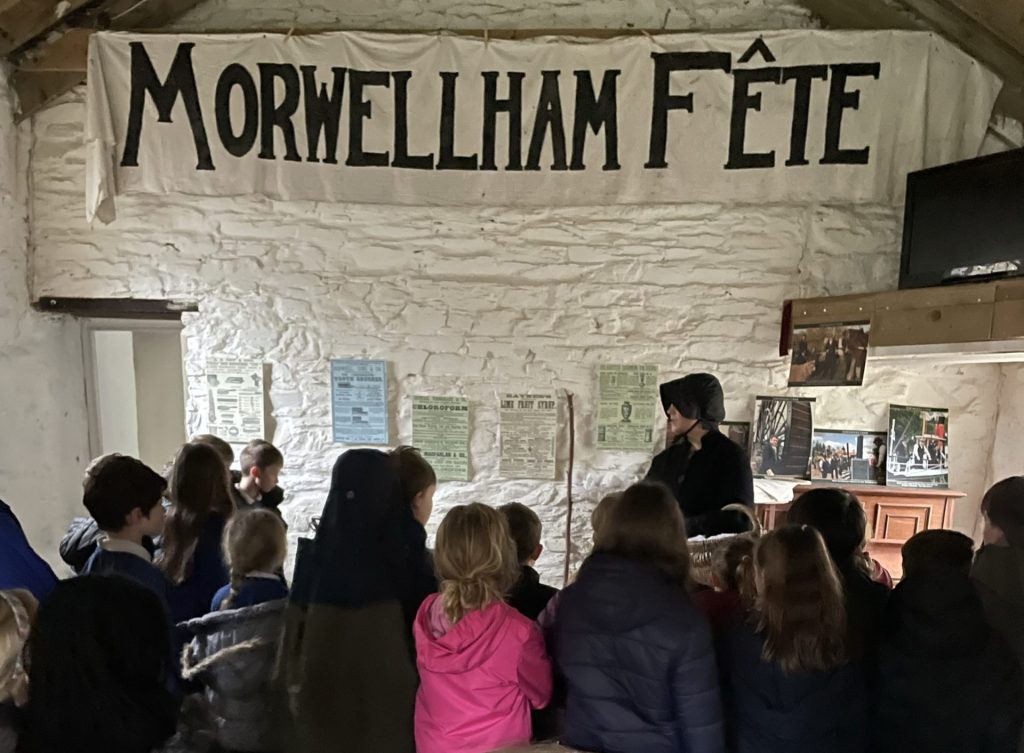
- Study the Anglo-Saxons and Vikings, including the fall of the Roman Empire
- Compare these civilisations (e.g., government, culture) with what came before
- Explore the Industrial Revolution and the changes in careers during the reign of Queen Victoria
- Explore how national events (e.g., Viking invasions) affected the local area
- Examine the impact of the Industrial Revolution on local life
- Discover what life was like for women and children during the Victorian era
- Ask and answer questions about change, cause, and significance
- Recognise different perspectives and show empathy for people in the past
- Use primary and secondary sources to explore historical accuracy
- Sequence eras and events on a timeline linked with learning on Famous Women in History
- Distinguish between British and global events and their importance
- Visit Morwellham Quay to explore Victorian life
- Investigate Anglo-Saxon careers at Escot during residential
Year 5
In Year 5, children step confidently into the role of historians, learning how to critically assess primary and secondary sources to build a deeper understanding of the past. They begin the year by exploring Elizabethan Britain, linking their historical study to their Shakespeare performances. A visit to the Golden Hind replica in Brixham brings the age of exploration to life, helping children understand the global ambitions and maritime achievements of the era. As the year progresses, children apply their growing historical skills to investigate life from the Stone Age to the Iron Age. They explore how we know about these prehistoric periods, using archaeological evidence and visiting the caves at Cheddar Gorge to deepen their understanding of early human life.
The highlight of the year is the Historical Re-enactments Project, where children write scripts, develop performances, and stage a promenade theatre experience at a local heritage site. Audiences move from room to room, uncovering the layered history of the location through immersive storytelling. This project brings together everything they’ve learned—research, interpretation, creativity, and collaboration—as they bring the past vividly to life.
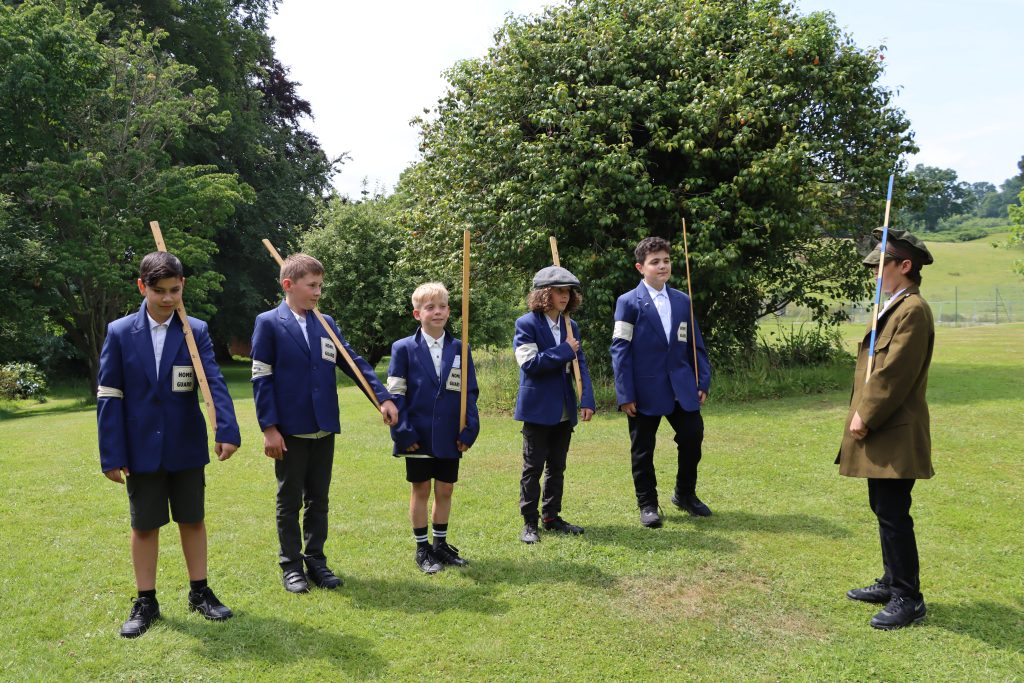
- Study Stone Age to Iron Age societies
- Explore Neolithic, Bronze Age, and Iron Age developments
- Investigate turning points in British history (e.g., Industrial Revolution)
- Study local heritage sites and their historical significance
- Participate in promenade theatre exploring the English Civil War, WWI, WWII, Suffragettes, and more
- Make connections across time periods
- Analyse bias and perspective in sources
- Debate and form opinions while avoiding presentism
- Understand multiple interpretations of events
- Develop secure chronological knowledge
- Create and annotate timelines with key figures and events
- Explore the Iron Age at Heatree Residential
- Investigate the Stone Age at Cheddar Gorge
- Tour Sir Francis Drake’s ship
- Participate in promenade theatre at a local heritage site
Year 6
In Year 6, children take a reflective and analytical approach to history, drawing on their prior learning to explore influential leaders, hidden histories, and the evolution of monarchy in Britain. They begin by revisiting Ancient Greece, using it as a lens to explore philosophy, democracy, and the lessons we can learn from the past, linking back to their earlier studies of ancient civilisations in Year 3. This sets the stage for deeper discussions around historical interpretation, including the concept of the “Great Man” theory and whose stories are told—or left out—of mainstream history.
The core historical focus is a chronological study of British monarchs from 1066 to the present day. As they explore the lives and legacies of kings and queens, children engage in rich classroom debates: Was Richard III truly a villain? These discussions are fuelled by their growing ability to analyse primary and secondary sources, challenge historical narratives, and construct evidence-based arguments. Their learning culminates in a residential visit to London, where they explore the Houses of Parliament and the Tower of London, bringing their understanding of power, leadership, and legacy to life.
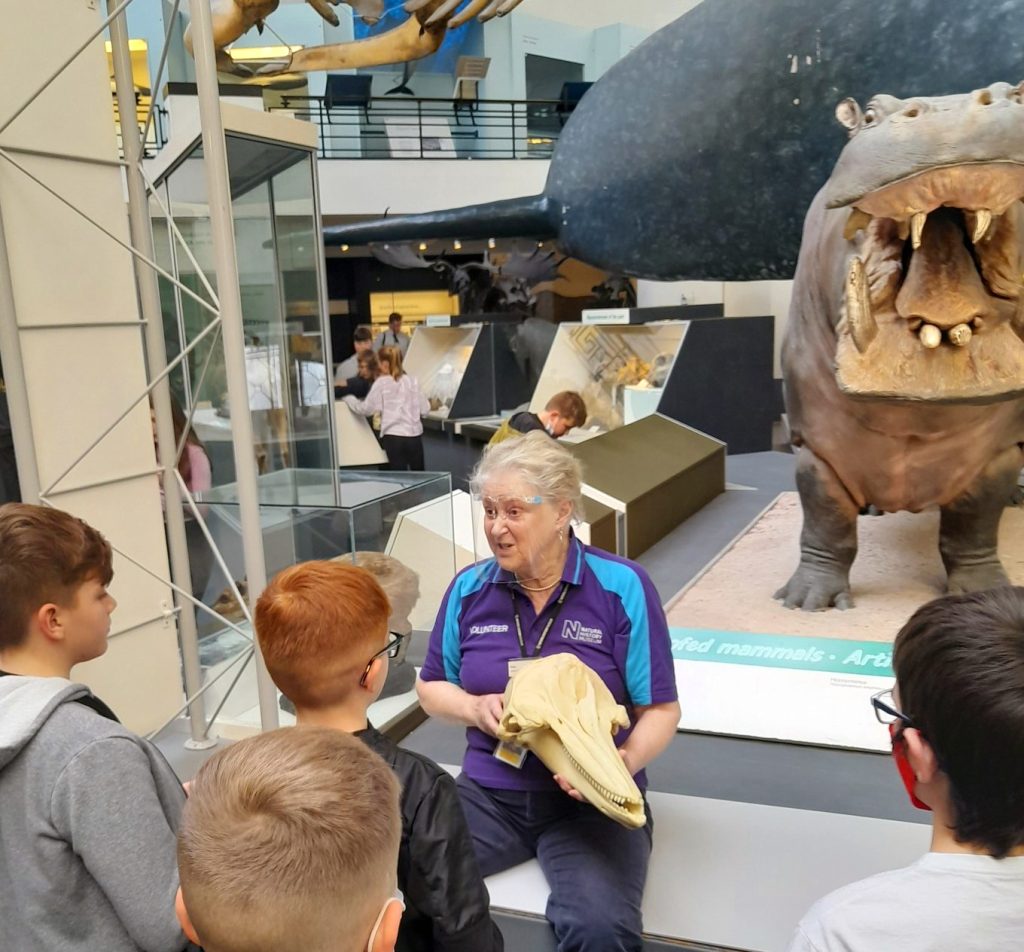
- Study Kings and Queens of Britain
- Explore the impact of rulers on history
- Investigate hidden histories in Britain and locally
- Evaluate significance of events and figures
- Use a range of sources to construct informed responses
- Reflect on validity and reliability of evidence
- Make cross-period links and understand historical legacies
- Sequence and annotate timelines with historical terms, specifically focused on Kings & Queens of Britain
- Discuss trends and changes across time
- Visit Parliament and the Tower of London
Contact: admin@tcat.education
Phone: 01392 304040
© The Cornerstone Academy Trust 2025



